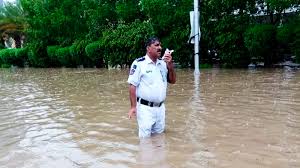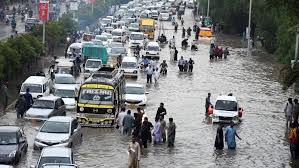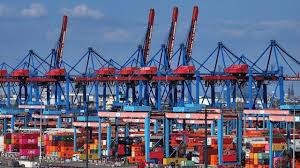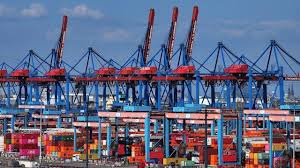Karachi to witness three rainy spells in August: NDMA chairman

Karachi: Motorists face troubles due to rainwater accumulated on Shahrae Faisal after heavy rain in the provincial capital on July 17. Photo: ONLINE
Karachi will be witnessing three spells of monsoon rains in August, the National Disaster Management Authority chief said Sunday.
The first rain system will enter the city on August 7 and the spell will last until August 9, NDMA Chairman Lieutenant General Mohammad Afzal said at a press conference in Islamabad.
A small rain system will enter the megapolis on August 15, followed by another one that is likely to cause rains from August 24 to 26.

The NDMA chairman said they regret the damages caused by the recent rains in Karachi. It rained 80-83mm in just one hour which the city’s infrastructure could not stand, he said.
Lt Gen Afzal said this time they would try to minimise the damage that is likely to be caused by monsoon rains in the city.
“To resolve the issues of Karachi, we will first have to understand them,” he said. “All the stake-holders will have to sit together for this.”
Karachi produces 20,000 tonnes of solid waste daily, the NDMA chairman explained. The channels that help drain rainwater have shrunk to 3-4 metres over the past 25 years.
Encroachments on stormwater drains have also greatly affected the city’s sewerage system, according to him.
Lt Gen Afzal said the NDMA would start working in different areas of the city Monday. He said he has held three meeting with Chief Minister Murad Ali Shah and they are focused on minimising the damages.
He said the military has been called in to help civil administration in Karachi after the prime minister directed the NDMA to control the city’s situation.
Lt Gen Afzal said the number of coronavirus cases has declined significantly across the country. He said the virus cases would be decreased further in the next few days, however, a spike is feared during the month of Muharram.
The impact of social gatherings on Eid would be visible after August 14, the NDMA chairman added. He stressed the need for the masses to act upon the SOPs to prevent the virus spread.





